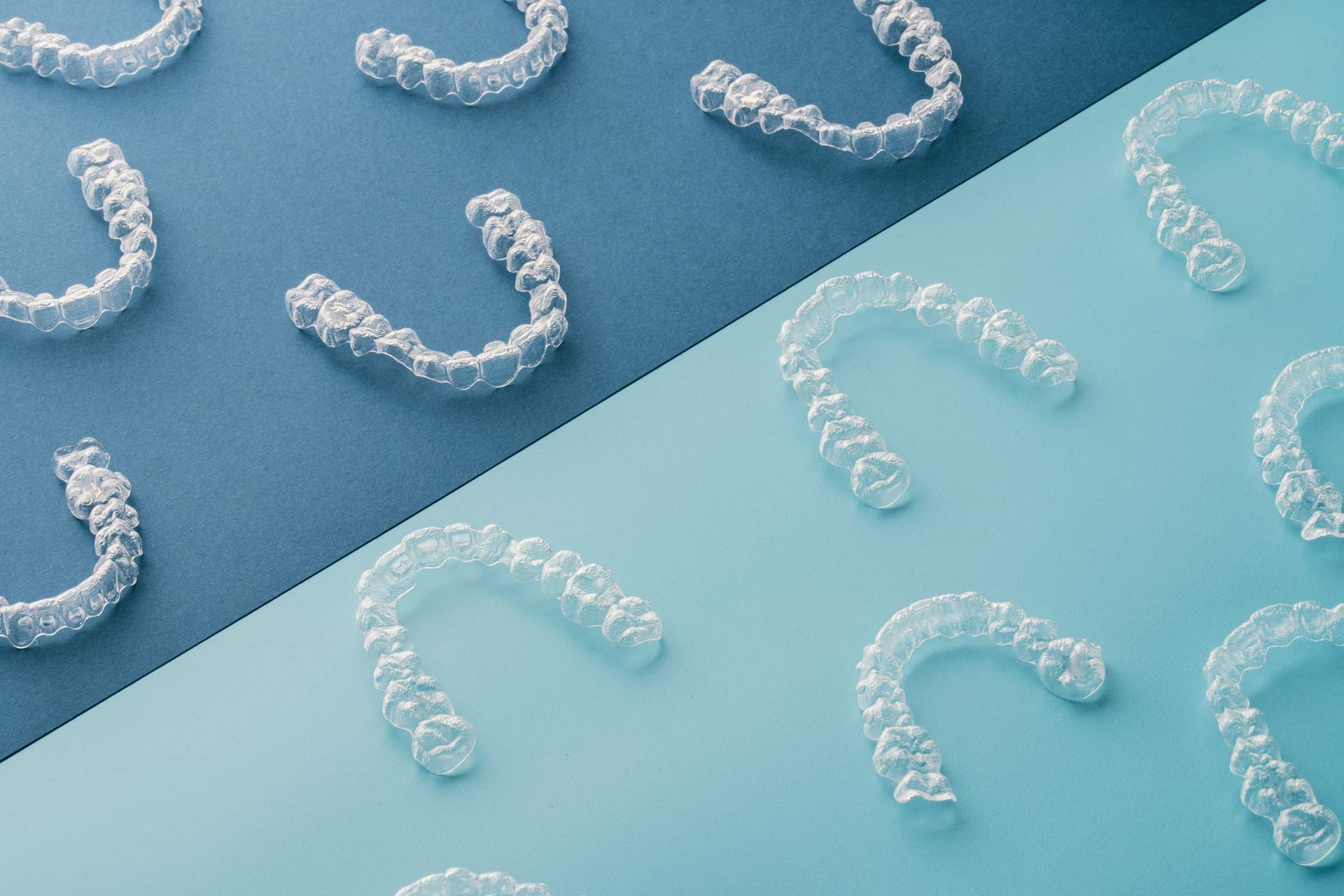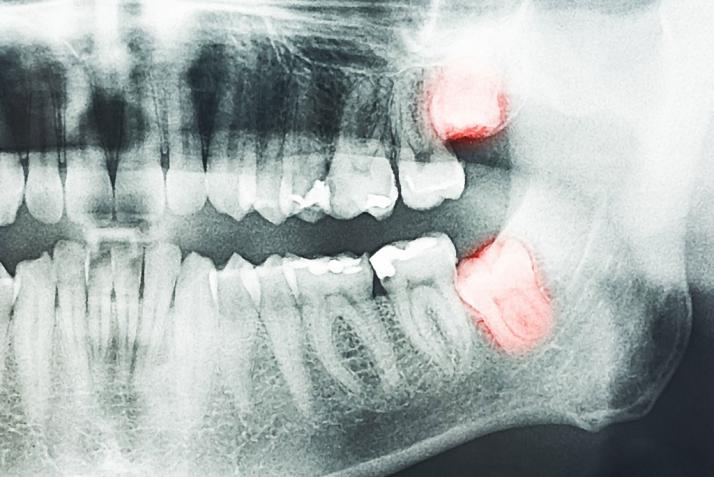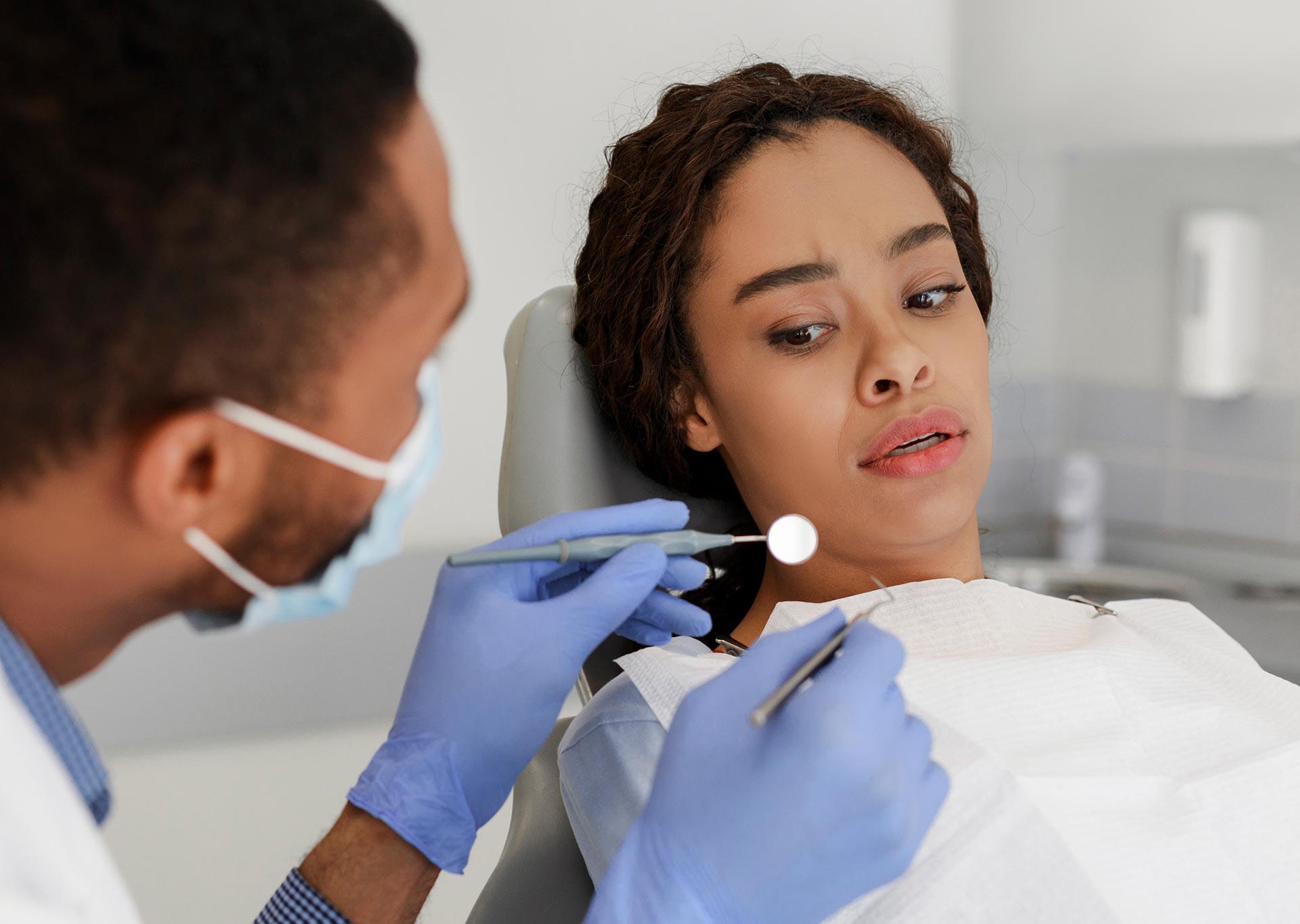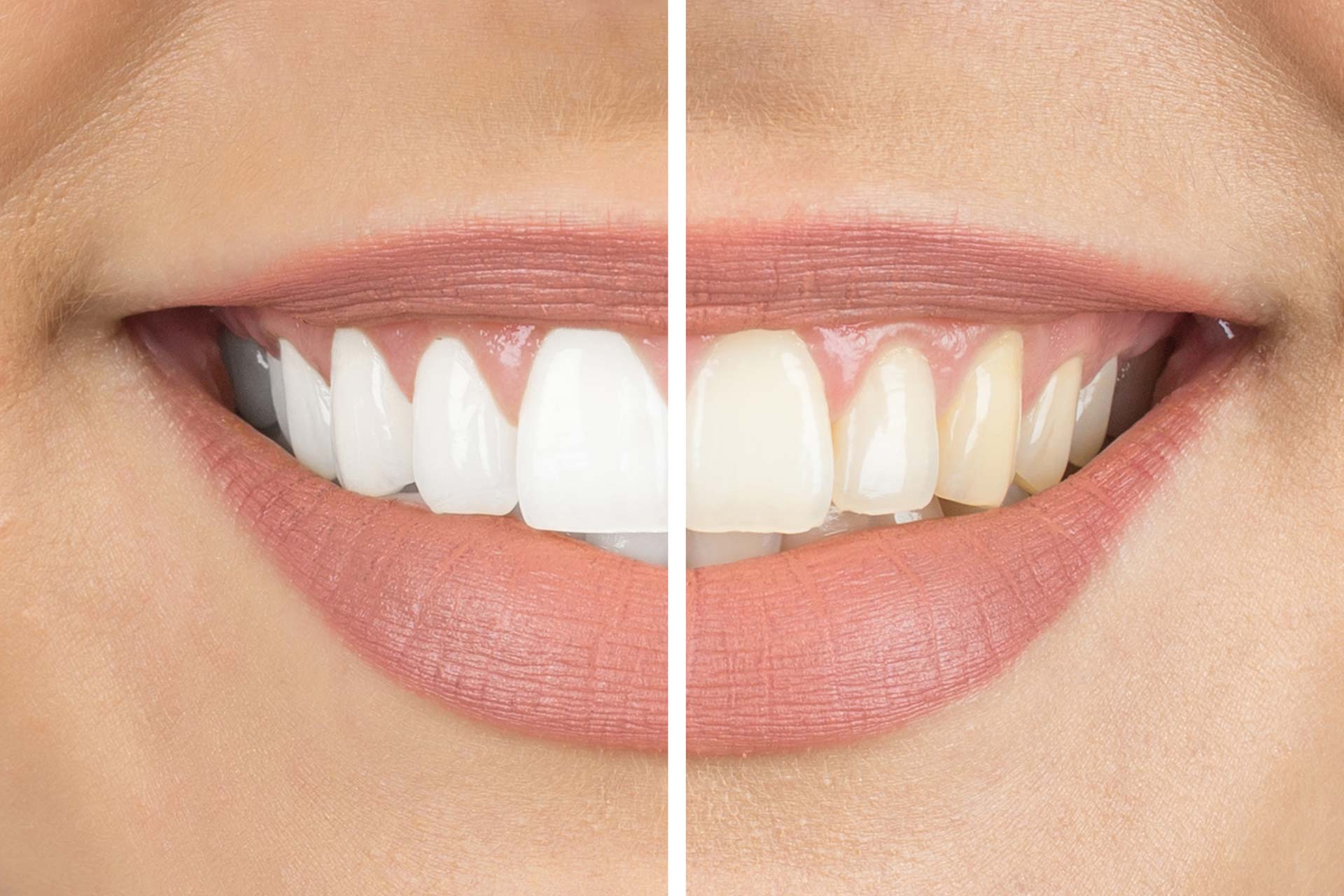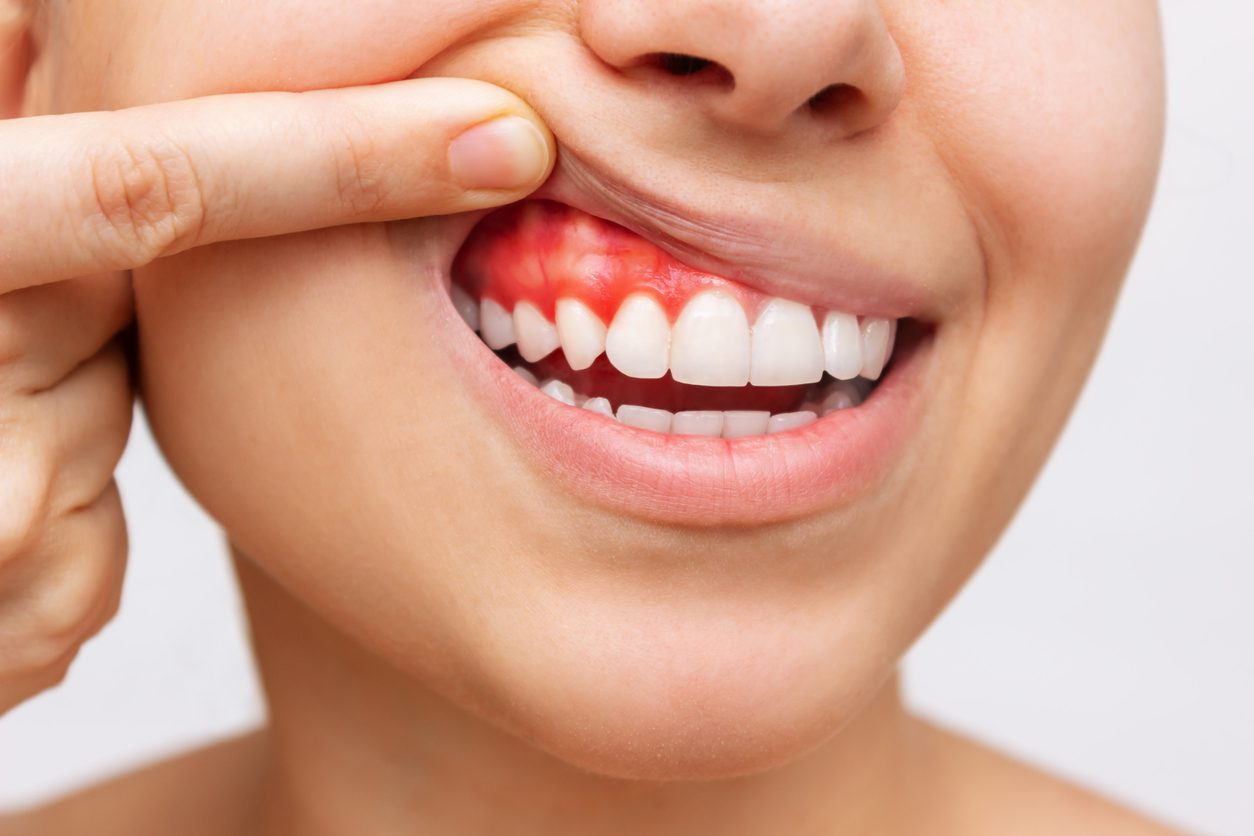Wisdom tooth extraction is a common dental procedure to remove one or more of a patient’s third molars. Molars are the last teeth in the mouth located at the back of the mouth both top and bottom. Wisdom teeth usually develop between the age of 17 and 25, although it varies from person to person.
Wisdom teeth can cause major discomfort due to a number of common reasons, and it’s essential to get them removed as soon as possible if your dentist identifies an issue. It’s important to know crucial facts surrounding wisdom teeth and how to properly care for them.
Impacted Wisdom Teeth Can Cause Major Health Problems
An Impacted wisdom tooth occurs when one or more wisdom teeth are stuck against the jaw bone or another tooth, leaving them no room to grow out. An impacted wisdom tooth can also cause it to stand horizontally instead of upright, which can leading to decay and bacteria in the surrounding teeth as well.
The major cause for health problems is when cavities form due to the impacted wisdom tooth colliding with other teeth. Wisdom teeth can be very hard to clean, leading to a higher risk of an infected tooth. Aside from regular dental check-ups, you can reduce the risk of cavities forming by flossing regularly around the impacted area and using fluoridated mouthwash.
Wisdom Tooth Removal
Wisdom teeth extraction is often performed with a local anaesthetic, this is to ensure you don’t feel any pain as your teeth are removed as the area will be numb. If you experience pain or discomfort during the procedure, inform your dentist and you can always be topped up with more anaesthetic.
General anaesthetic is occasionally given for wisdom teeth removal, this is generally reserved for large surgeries.
The length of the surgery will vary depending on the complexity of the procedure. On average, you can expect the process to take only a few minutes for minor procedures.
After Surgery
If an incision has been made during the surgery, the dentist will apply dissolving stitches to seal the gum. Your dentist will inform you how long the stitches take to dissolve, normally seven days, or these will be removed by the dentist in a follow up appointment.
While recovery time varies on a case-to-case basis, it normally takes a few days to get back to your usual routine. We recommend avoiding strenuous physical activities and smoking. Vigorous brushing close to the extraction area should also be avoided during the first few days. In some cases, antibiotics may be prescribed if you have an ongoing infection that needs to be treated.
During the first 24 hours after wisdom teeth removal, you should avoid:
-
- Rinsing your mouth out with liquid
-
- Drinking alcohol and smoking
-
- Drinking hot liquids such as tea or soup
-
- Strenuous physical activity
-
- Vigorous brushing against the gums
